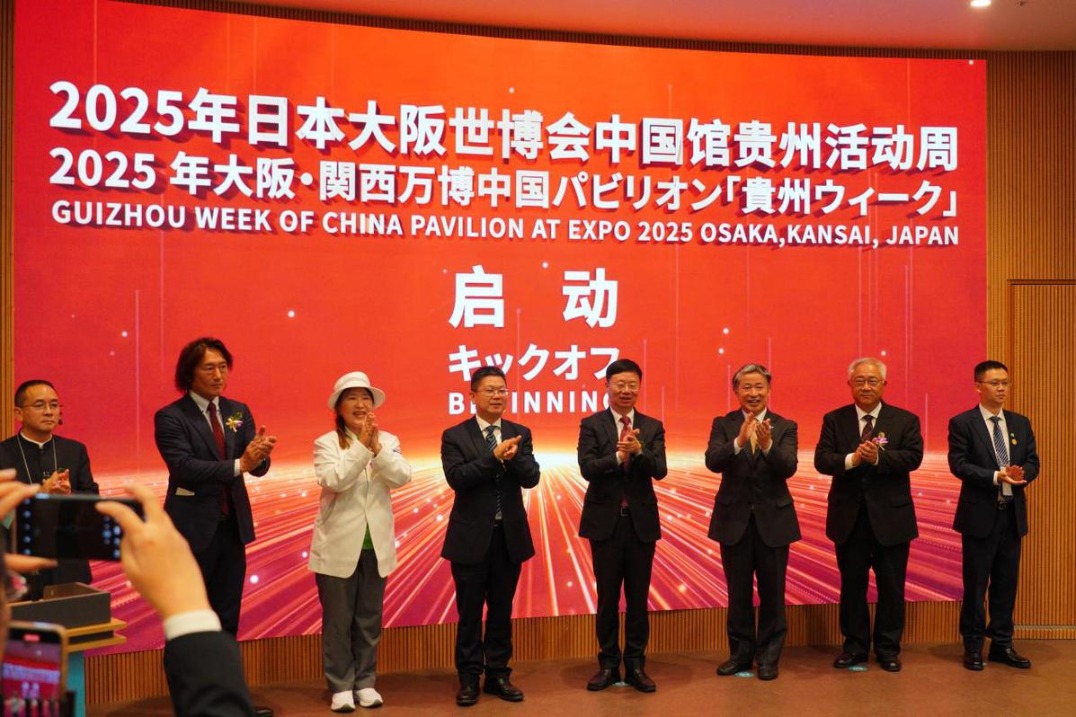China, Argentina strengthen ties through increased trade


As Argentina recalibrates its foreign policy and economic partnerships, it has taken a notable step toward strengthening ties with China.
A group of exporters recently signed letters of intent with Chinese counterparts to expand agricultural shipments—signaling renewed cooperation in trade, logistics and long-term investment.
The non-binding letters of intent to supply as much as $900 million worth of soybeans, corn and vegetable oil to China were signed during a meeting between Argentine trade officials and a visiting delegation from China on May 7, according to a statement from the Sino-Argentina Chamber of Industrial Production and Commerce on its official LinkedIn page. The Chinese delegation was led by the China Council for the Promotion of International Trade (CCPIT).
China "has decided to encourage its largest companies to promote trade and investment agreements with other countries in the Global South, and Latin America and the Caribbean are no exception," said Sebastian Schulz, sociologist and expert in Chinese studies at the National University of La Plata.
The Chinese delegation included executives from Sinograin, CO-OP Cereals and Oils, PowerChina, CRCC, Hisense, ZTE, ICBC and Bank of China. Their Argentine counterparts represented firms such as Bagó, Molino Ca?uelas, Biosidus and Marval.
Early in his term in December 2023, President Javier Milei suggested that Argentina would refocus foreign trade on the US, but economic challenges and practical needs have led to a reset in relations. In April, Argentina renewed its $5 billion currency swap deal with China, gaining access to yuan for international payments and helping bolster foreign reserves. The Central Bank of Argentina announced the renewal of an agreement on April 10.
The timing also aligns with escalating global trade tensions, driven by an increasingly protectionist stance in the US, including the imposition of tariffs on all countries around the world.
"What often complicates matters is the role of the United States, which has historically shown reservations, if not outright resistance, toward Chinese investment in Argentina," said Martin Burgos, coordinator at the Cultural Center of Cooperation, and Director of Lado B Consultora.
"What ultimately prevails is the reality of the numbers, the scale and importance of trade with China for a country like Argentina, as well as the opportunities that the relationship presents," said Burgos.
"It's worth noting that China has consistently expressed interest in investing in Argentina."
The latest agricultural deal has opened the door for further investments. On May 9, Chinese state-owned trader Cofco International signed an agreement with Sinograin to expand agricultural imports and pursue long-term partnerships in grain trading and logistics in Argentina. The company announced the agreement in a statement on its official social media channels.
Similarly, Chinese agribusiness firm Fufeng Group Ltd has shown interest in building a corn processing plant in Argentina, according to an April 17 post by the Argentine Rural Society on X (formerly Twitter).
Beyond agriculture, infrastructure projects remain on the table. One example is the Santa Cruz hydroelectric project, funded by China but stalled due to Argentina's unmet financial obligations.
"It's promising to see Chinese companies showing interest. But the real question is how the Argentine government will respond," said Burgos. "One can only hope it recognizes the importance of embracing infrastructure agendas and supporting such projects because, in the end, that's what development depends on."
The writer is a freelance journalist for China Daily.
































